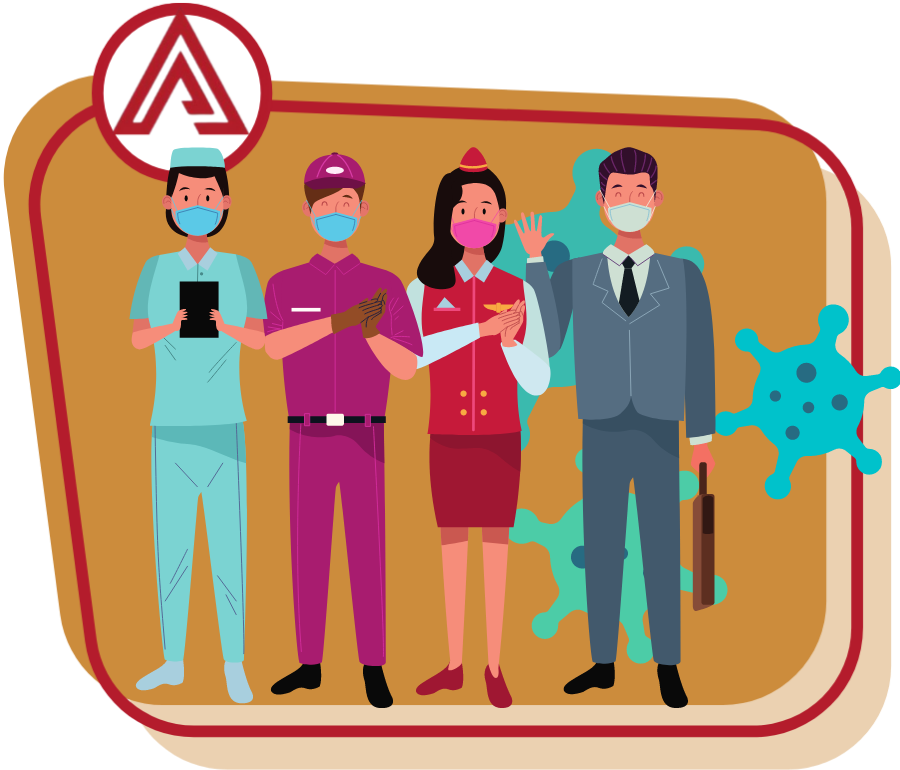How COVID-19 Has Transformed Business Models

One year on and yes, this pandemic is a big wake-up call for businesses that are reluctant to embrace digital technology will now find themselves woefully unprepared for more changes of things to come. In addition to all the stress of potentially health-compromised employees, a sudden change in demand, and the ongoing economic uncertainty, many traditional businesses are now scrambling to migrate their operations and workforce to a digital environment.
When Covid-19 struck last year, the pandemic forced global societal changes and within the next blink, governments around the world issued limitations on large gatherings of people, restricted in-person business operations, and encouraged people to work from home whenever possible. Even businesses and schools alike began to look for ways to continue their operations remotely through the internet. Many turned to various collaboration platforms and video conferencing capacities to remain engaged with their colleagues, clients, and students while working from home offices.
This shift towards digital operations took both a customer-facing and a behind-the-scenes role within many businesses and has accelerated the speed of change we’ve never seen before prior to the pandemic. For safety concerns, customers have expressed their interest in receiving services with minimum to no contact with people or at least contact-limited operations. Many companies are still looking at better technologies to engage with their customers remotely and efficiently, thus allowing some workplace flexibility and other technological pathways to introduce automation processes. The spread of Covid-19 and the shutdown of in-person meetings for non-essential businesses have forced companies to relook into creative digital solutions so that they could continue to function remotely and continue to serve their customers. Most have already made key investments to protect their digital security while also building a technology stack that allows employees to work from their home office.
According to a poll of 4,500 firms by enterprise application software firm SAP, 8 in 10 businesses in ASEAN expect the Covid-19 pandemic to change their business model or operations. From what I see, it is likely that many of these changes are here to stay and more companies are positioning themselves for the new normal as they cannot afford to be constrained by traditional information sources as well as capital allocation behaviors. Instead, they must highlight anomalies, revamp their business models and invest their capital dynamically to not only survive the crisis but also thrive in the post-crisis world after the pandemic ends, hopefully.
